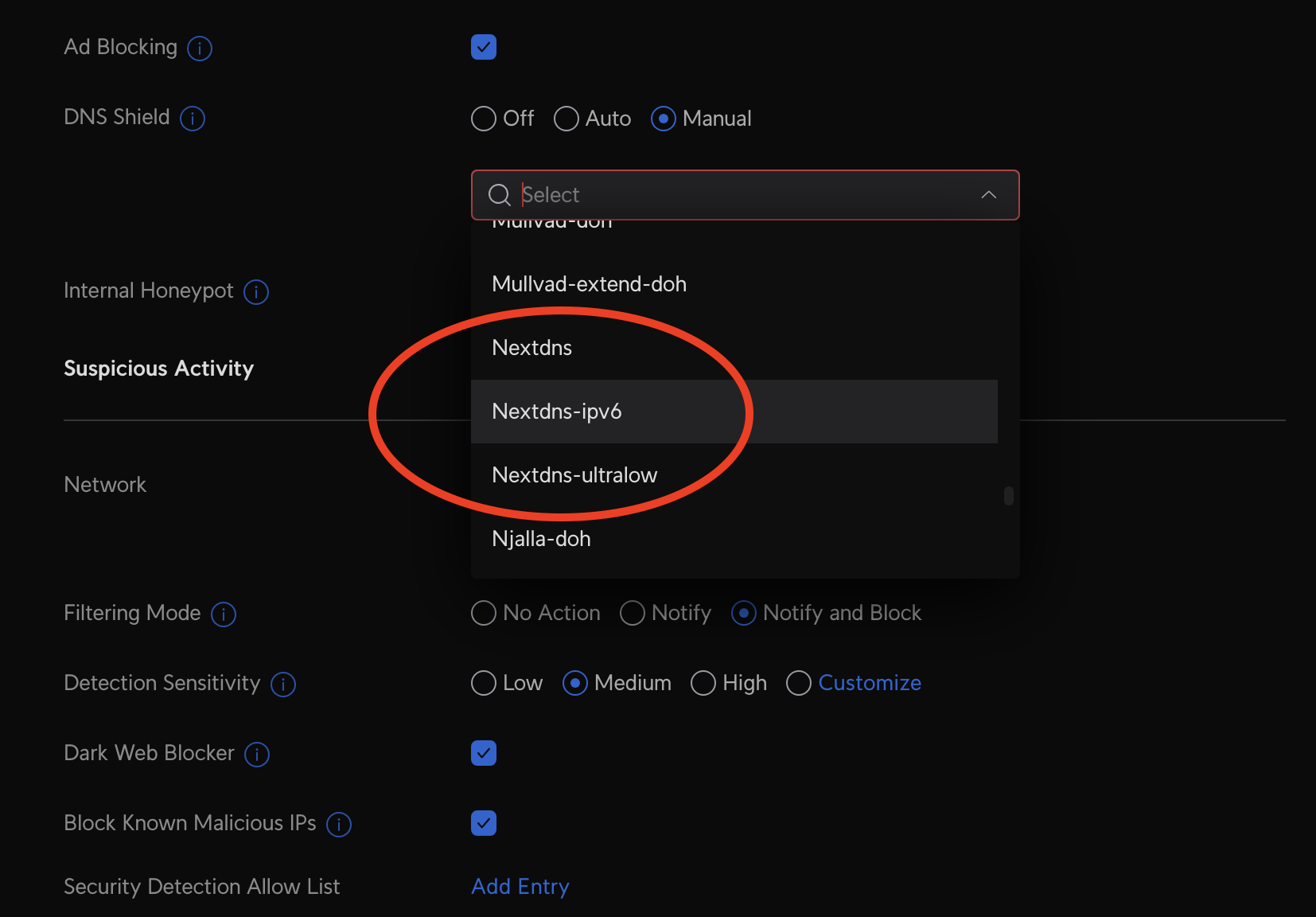UniFi Dream Machine Users Enhance Network Privacy with Encrypted DNS Solutions

Users of Ubiquiti's UniFi Dream Machine (UDM) are increasingly leveraging advanced configurations, including custom agents, to ensure comprehensive encryption of all DNS queries, significantly enhancing network privacy and security. This approach aims to hide DNS traffic "over-the-wire," preventing third-party snooping and data collection, while maintaining minimal logs for debugging purposes.
According to a recent tweet from @SwiftOnSecurity, a notable cybersecurity personality, "You don't have to, but I use their custom agent on my UniFi Dream Machine to capture all DNS queries and forward them encrypted over-the wire, so ALL my DNS traffic is hidden not just devices that support it. I only keep an hour of logs for debug." This highlights a growing trend among privacy-conscious users to implement network-wide DNS encryption.
Ubiquiti's UniFi Dream Machine series, including models like the UDM Pro and UDM SE, offers a built-in feature known as "DNS Shield." This functionality enables DNS over HTTPS (DoH), encrypting DNS requests to supported public DNS resolvers like Cloudflare or Google, thereby protecting user browsing habits from ISPs and other intermediaries. DNS Shield encrypts traffic leaving the UDM to the upstream DNS server.
For users seeking more granular control or specific features not natively supported, community-developed solutions and custom agents are often deployed. These can include integrating services like NextDNS or DNSCrypt proxy directly onto the UDM, allowing for advanced filtering, logging policies, and the ability to ensure that all devices on the network, regardless of their individual settings, route their DNS traffic through an encrypted tunnel. This ensures a uniform privacy standard across the entire network.
The practice of encrypting DNS queries at the router level is crucial because traditional DNS requests are unencrypted, making them vulnerable to interception, manipulation, and privacy breaches. By encrypting these queries, users can mitigate risks such as DNS-based tracking, phishing attempts, and censorship, ensuring that their online activities remain private and secure from the moment a domain name is resolved. The emphasis on retaining only an hour of logs further underscores a commitment to user privacy, minimizing data retention.